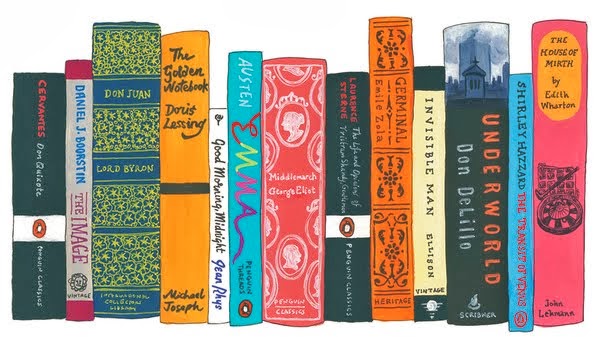 I'm reviewing this book not because anyone else is likely to read it (it's a statistical discussion) but because I'll be referencing it in phone chats and notes hereafter. The title refers to how everyone can have an understanding of existence and a single observation can completely change that understanding. Every so often , that event also may have large consequences. In this case it was all Europeans being sure swans were only white because those were the only ones they had ever seen. After seeing a single Australian black swan, that theory of many centuries was shown to be wrong.
I'm reviewing this book not because anyone else is likely to read it (it's a statistical discussion) but because I'll be referencing it in phone chats and notes hereafter. The title refers to how everyone can have an understanding of existence and a single observation can completely change that understanding. Every so often , that event also may have large consequences. In this case it was all Europeans being sure swans were only white because those were the only ones they had ever seen. After seeing a single Australian black swan, that theory of many centuries was shown to be wrong. The book's point is that we view most of our existence in the same way, as if it were a statistical bell curve. If X observations have not indicated our understanding is wrong, then the chances of it being wrong are so remote as to be almost impossible. However, most things in life do not conform to the bell curve and lack of proof of an outlier is not the same as proof of the model we have in our head. Most of life's processes, including economics, history, social sciences and even many scientific areas, do not correspond to a linear formula. The reason an idea or a scientific model becomes dominant is not due to the merits of the idea or model but to luck and social dynamics related to the herd instinct. Other ideas and models can be more accurate or "better" and die off for reasons not related to the idea or model. Even a formula that may work under restricted (and unnatural) constraints will spin out of control in a short time span because of unknown or misunderstood interactions. We see this yearly with government and scientific predictions that fall apart in weeks, months or a few years, yet react strongly to embrace the next prediction with fervor.
So what? Taleb feels we are living in a world of increasing black swans due to the increased complexity of our world. Since his area of expertise is economics (he was a Wall Street options trader, among other things) economics is his main focus. He wrote this book in the last half of 2006, yet one of his points is "...As if we did not have enough problems, banks are now more vulnerable to the Black Swan ...than ever before with "scientists" among their staff taking care of exposures. The giant firm J.P. Morgan put the entire world at risk by introducing in the nineties RiskMetrics, a phony method aiming at managing people's risks, causing the generalized use of (a) fallacy... Likewise, the government-sponsored institution Fanny Mae, when I look at their risks, seems to be sitting on a barrel of dynamite, vulnerable to the slightest hiccup. But not to worry: their large staff of scientists deemed these events "unlikely."'
Wow, did he nail that two years ahead of the event. So what do we do if many of these big events can happen without us being able to predict them and yet those events can substantially change our life?
Don't worry about the stuff you can't control. The fact that any of us lives is a statistical miracle. Enjoy it. Rely on the things you know through practical experience. Be conservative if the downside risk of a chance failure is more than you can live with. Conversely, if you are working in an area where minor variance can occasionally produce huge payouts, expose yourself to those circumstances as much as possible. The richest, or longest living, or healthiest (pick your desired category for existence) person got there by having the luck of being in the right place at the right time with the right gifts (good genes, the right parents, the right culture, etc.) and then the skills to exploit the situation. In the case of investing, Taleb figures we don't really know the odds of most investments working out, so he's ultraconservative with about 85% of his investments (government bonds) and then invests the other 15% in those areas where a single breakout could make him ultra rich e.g. some computer companies in the early '90s, yet if he guesses wrong the chance of all of the 15% of the investments being hugely bad are not very high.
If you do read the book, he's pretty pleased with himself and is not afraid to throw zingers at authority. It's a fun read and if you decide to skip most of the statistical discussion and take his word for it, there are some profound insights worth retaining.





